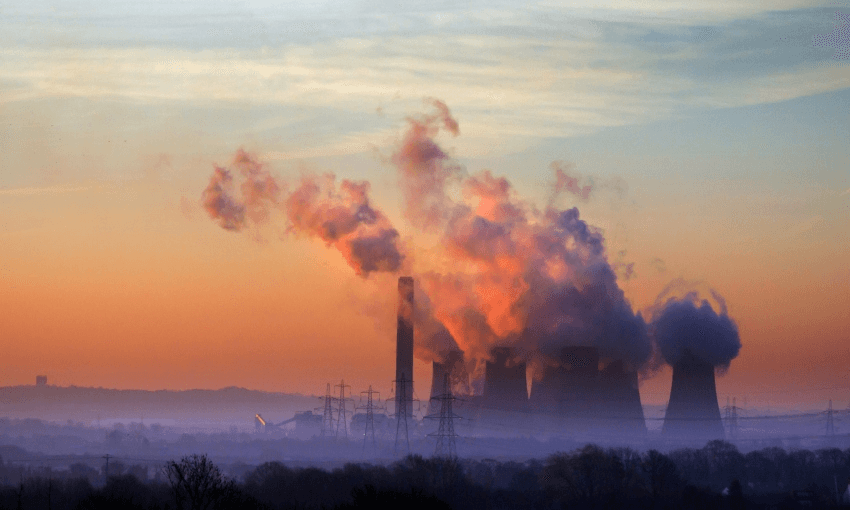Six things councils can do right now to make the ’emergency’ worth more than the paper it’s written on.
Councils are declaring climate emergencies across the country, but with only a decade to cut carbon emissions in half, it’s time for them to act like this is an emergency.
So, what can our cities be doing right now to put their words into action? And what can we do? Local elections are coming up, and our votes are going to make the difference between cities that embrace bold and urgent action, and those that cling to the status quo.
Below are six actions we can ask our councils to take right now to cut emissions, and make our cities healthier, more affordable places to live.
One: grow up, not out
The single most important thing councils can do right now is to plan for more compact cities. In Auckland, 40% of emissions come from transport, and about 58% in Wellington, so reducing dependency on private cars in cities is imperative. If people live closer to their work, schools and other amenities, it’s much easier to get around on foot or bike; and it makes quality public transport more affordable because there are the numbers to support it.
Two: reclaim the streets for the people
If we’re serious about rolling out safe biking and walking networks quickly, one way we can do this is to start using our existing road space differently. Reallocating street space (such as extra lanes or roadside parking) for protected bike lanes is extremely fast and cost effective, compared to building new cycleway corridors. Councils could also get a lot braver about closing off streets in their CBDs, opening them up to pedestrians and making them more vibrant and enjoyable places to be.
Three: scrap minimum parking requirements
Many councils have outdated rules that require developers to build a minimum number of off-street car parks for each new dwelling. This can make houses more expensive. It also encourages driving, and results in useful land being paved over with carbon-intensive concrete or asphalt.
Some councils have already made moves to scrap minimum parking requirements in CBDs, but this could be extended to more areas of our cities in conjunction with providing quality transport alternatives.
Four: encourage efficient buildings
Councils don’t have control over the building code, but there are other ways to encourage sustainable buildings. Planning for higher density development makes a real difference, as it means smaller homes that are more efficient to build and heat.
Councils can also offer incentives such as a reduction in development contributions for buildings that meet sustainable building standards, or waiving building consents for the installation of sustainable additions such as solar panels or water retention tanks. It would also be possible to allow ratepayers to borrow against their rates to install them.
Five: walk the talk
Councils manage large numbers of buildings – libraries, pools, community centres – and can be taking steps to retrofit these to make them more energy and water efficient. Councils also wield a lot of power when procuring goods and services, and should be including strict conditions around carbon emissions in every contract they put out to tender.
Six: turn the streets green
Despite all the technology out there, trees are still the best thing we have to sequester carbon. Having more tree cover in cities also reduces the overall temperature of the city, and as an extra benefit it’s really good for our mental health and wellbeing. Councils can start by making the most of berm space and reserves to restore our natural environments, as well as set minimum requirements for green space and trees in new developments.
Many of these changes are going to come up against resistance, but whoever said challenging the status quo was easy? It’s more important than ever that we’re voting in leaders who are committed to delivering real action on climate change. There’s too much at stake – and too many opportunities to miss out on – to just carry on with business as usual.
NB: For those in Auckland, Auckland council has just released its climate action framework for consultation. There’s a lot of room for improvement, so make sure you have your say!
